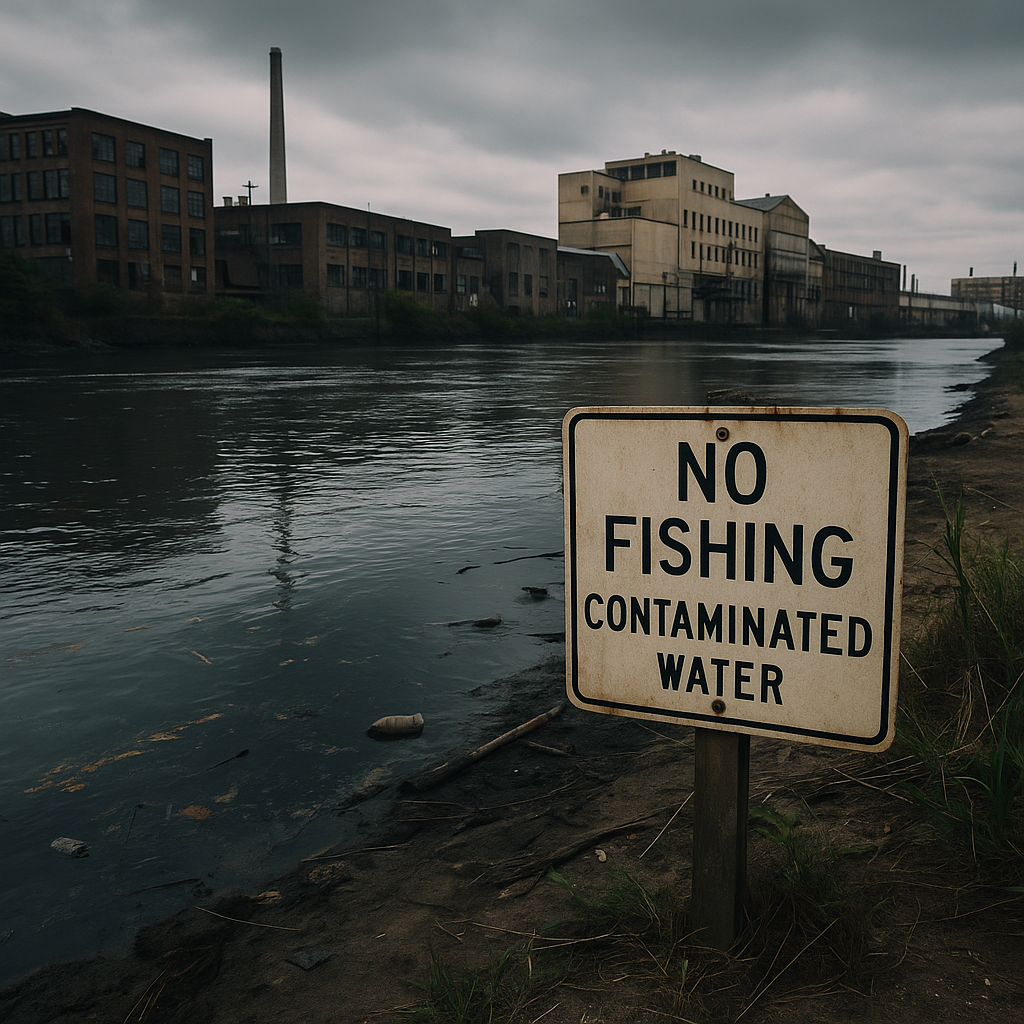Fox News’ $787.5 Million Settlement with Dominion Voting Systems
In one of the most consequential defamation settlements in U.S. media history, Fox News agreed to pay $787.5 million to Dominion Voting Systems to resolve a lawsuit alleging the network knowingly aired false claims that the company rigged the 2020 presidential election. The case, which was moments away from going to trial in Delaware Superior Court, brought renewed scrutiny to the boundaries of free speech, journalistic responsibility, and media accountability.
Dominion’s lawsuit accused Fox News of repeatedly promoting conspiracy theories involving the company’s voting machines after the 2020 election, despite internal messages and emails showing that many of the network’s top hosts and executives knew the claims were untrue. According to court documents, Fox personalities amplified the narratives to appease their audience and compete with rival outlets, fearing a loss in ratings and viewership following President Trump’s defeat.
Fox hosts and producers were shown in discovery to have expressed disbelief or skepticism about the claims being aired. Yet they continued to give airtime to guests and contributors spreading theories about Dominion’s role in supposed election fraud. The discrepancy between what was publicly reported and privately believed became a central piece of evidence that pushed Fox closer to settlement.
The $787.5 million payout represents one of the largest known defamation settlements involving a media company. Although Fox did not admit liability in the settlement, legal analysts say the sheer size of the payout signals the network’s concern about the potential damages a jury trial could have brought, particularly with a jury selected and opening statements hours away. The judge had already ruled that the claims about Dominion aired on Fox were false, leaving the jury to decide whether Fox acted with “actual malice.”
Dominion, which supplies voting machines to jurisdictions nationwide, claimed that Fox’s repeated airing of false allegations caused serious reputational damage, leading to threats against its employees, lost business opportunities, and erosion of public trust in the electoral system. While Dominion originally sought $1.6 billion in damages, the settlement still marks a resounding legal and symbolic victory for the company.
Fox News issued a brief statement following the agreement, stating: “We acknowledge the Court’s rulings finding certain claims about Dominion to be false. This settlement reflects Fox’s continued commitment to the highest journalistic standards.”
Legal experts note that this case may have long-term consequences for media outlets navigating political polarization, misinformation, and the First Amendment. While Fox avoided a public trial, the discovery process made public thousands of pages of emails, texts, and depositions revealing inner workings of the network during a period of national unrest.
The case also sends a message to other media entities: airing knowingly false claims, even in the name of audience engagement, can carry massive legal and financial consequences. Other voting technology firms, such as Smartmatic, have pending lawsuits that could follow a similar path.











